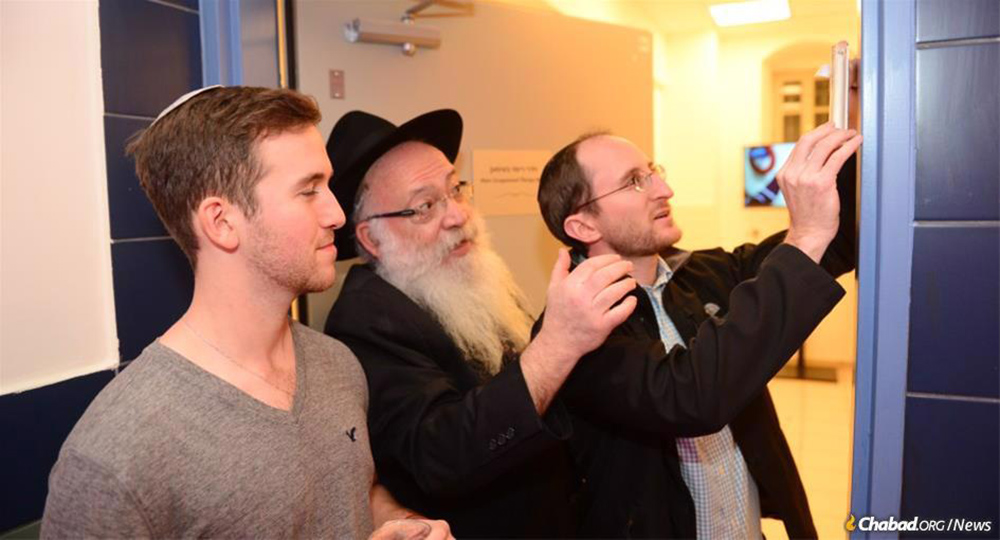By: Mendel Super
Rabbi Chaim Gurevitch was a beloved figure in the Crown Heights neighborhood of Brooklyn, N.Y., and far beyond. Formally, he served as director of special events at Colel Chabad, founded in 1788 by the first Rebbe of Chabad-Lubavitch, Rabbi Schneur Zalman of Liadi, and Israel’s oldest charity. His work raising much-needed funds to provide food and other basic necessities for Israel’s poor took him to places as far-flung as the Caribbean and the Far East, but wherever he went he formed deep, lifelong connections that transformed the lives of donors as much as those they helped through him. Gurevitch passed away on March 16, after a tragic accident in the midst of carrying out his holy work. He was 62 years old.
Gurevitch was born in 1959 under the harsh conditions of Soviet-era Lvov (Lviv), Ukraine. He grew up in Tashkent, Soviet Uzbekistan, where his family, along with many other Chabad Chassidim, fled to evade persecution by the Soviet authorities. His parents, Reb Shmuel Gershon Nissan and Bella Gurevitch, were active in the Chabad underground during the post-war period. As a teenager, Shmuel had played a role in the “Great Escape,” the secretive Chabad operation that smuggled thousands of Chassidim out of the Soviet Union, working to forge Polish passports under the nose of the KGB. Reb Shmuel Gurevitch was on the last train out before the operation was shut down. At the last minute, he and his accomplices were arrested. After languishing in prison for two months, his father, Reb Refael Dovber, had him freed, pleading with the Soviets to exchange him for his young son. Reb Refael himself was imprisoned for a decade.
Doing everything he could to ensure that his children did not go to Communist schools, Shmuel Gurevitch would keep young Chaim home at great personal risk. Gurevitch’s younger brother, Rabbi Elimelech Goorevitch—today, co-director of Chabad of Laguna Beach, Calif.—remembers those trying days vividly. “The authorities came to take Chaim to school, and my father hid him behind the door.” When they came inside, the boys’ father insisted that Chaim was not home, and young Elimelech sat playing in front of the door so they wouldn’t open it. “It entailed much mesirat nefesh [‘self-sacrifice’],” he says, “but ultimately, all my father’s children remained religious,” despite the prevailing winds and pressure of Soviet life.
The Gurevitch home in Tashkent even contained a secret mikvah, an extraordinarily dangerous thing to have in the Soviet Union. But nothing deterred them from maintaining Jewish life, especially when it came to a mitzvah so crucial to Jewish existence. “I remember Chaim falling into the mikvah once,” recalls Rabbi Elimelech Goorevitch.




